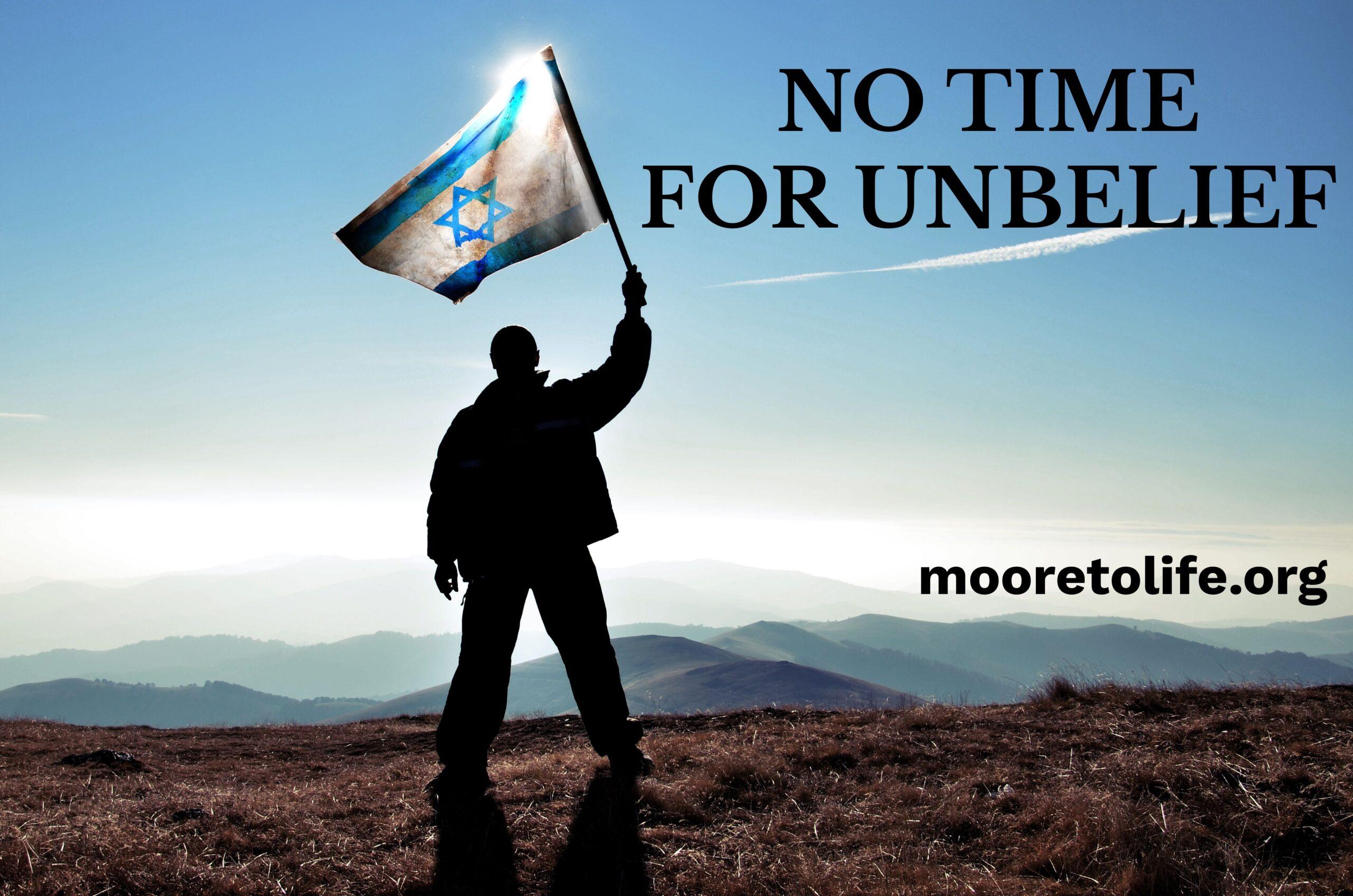
When it comes to all things Israel, I’m not sure that I’ve ever seen such confusion in the professing body of Christ. I’m more convinced than ever that we who follow Jesus better be certain that we’re getting our eschatology (doctrine of last things or “end times”) from the Bible and not from any other source. Many of us who grew up in the 70’s and 80’s were strongly influenced by books and movies that, as it turns out, got as many things wrong as they got right. We need to own that, and seek the truth in the only place where spiritual truth can be found.
I’m not an expert by any means, but – if you’ll bear with me – I’d like to shed at least a little Biblical light on the subject of Israel. To make this as simple as I can, I don’t plan to jump all over the Scriptures. Sometimes people try to do what I call “Bible gymnastics” by using so many different passages that the Bible ends up “saying” what they wanted it to say all along. I don’t plan to do that here, and please call me on it if you ever see me attempting such.
I plan to use only one text, and only five verses (Romans 11:20-24), and I’m choosing them from what I believe to be the New Testament’s clearest teaching on the relationship between Israel and the church. God used Paul to give us such clear teaching, for which we should all be most grateful: “That is true. They were broken off because of their unbelief, but you stand fast through faith. So do not become proud, but fear. For if God did not spare the natural branches, neither will he spare you. Note then the kindness and the severity of God: severity toward those who have fallen, but God’s kindness to you, provided you continue in his kindness. Otherwise you too will be cut off. And even they, if they do not continue in their unbelief, will be grafted in, for God has the power to graft them in again. For if you were cut off from what is by nature a wild olive tree, and grafted, contrary to nature, into a cultivated olive tree, how much more will these, the natural branches, be grafted back into their own olive tree.”
Now we could say lots of things about this important text, but I’m going to limit my observations to five. It is my opinion that, if we don’t at least get these things right, we’re only pretending to follow the Bible on this critical subject.
1. We should hope and pray for a spiritual restoration of Israel as a nation. God has promised it, and we should expect it. It will be magnificent in its scope, and unprecedented on Planet Earth. By the term “spiritual restoration,” I mean nothing less than scores of Jewish people coming to saving faith in our Lord Jesus Christ.
2. There is no salvation by Jewishness alone. Please hear me out. Some aberrant teaching on this subject would have us believe that there are two different ways of salvation: a Gentile way and a Jewish way. This is foolishness, and stands in direct opposition to the passage we just read. No one has ever been saved, and no one will ever be saved, via their nationality or their ethnicity. Notice that Paul makes it abundantly clear that salvation rests upon faith alone. There is no salvation apart from faith in Jesus Christ. One can’t reject Christ and be saved by another route, for there is only one Way of salvation. This has always been true, and it remains true.
3. We must share Christ with our Jewish friends and neighbors. Perhaps this goes without saying, but I feel that I must say it. We Gentiles should do so from a posture of great humility, as we are the unnatural branches who are enjoying all of the spiritual blessings which were promised to Abraham and his descendants. We should be humble to our core, and we should express our sincere gratitude for our (and their) unique spiritual heritage, which is Jewish in more ways than we can number.
4. When Paul refers to the Jews who will come to faith in Christ, he’s referring to Jews in the future – from his perspective. There is no teaching in the Bible that allows for people who die in their unbelief to come back and get “another chance” to get it right. Once again, this truth may already be plain to everybody reading this, but I’m trying to be as abundantly clear as I can. Yes, this life-or-death reality should sober each and every one of us. The time is short, and the time is now.
5. When you and I share Christ with anybody, we’re already in way over our head. We share the gospel. We lift Christ high. We humbly love those who don’t yet believe. But we’re not counting on ourselves to save anybody – we’re looking to our Sovereign God to accomplish the miraculous! The Lord uses us, but He alone accomplishes the real work of grace.
If these thoughts have been helpful, or even if you disagree on some point, I’d love to hear your perspective. You always matter to me.
Pastor Charles

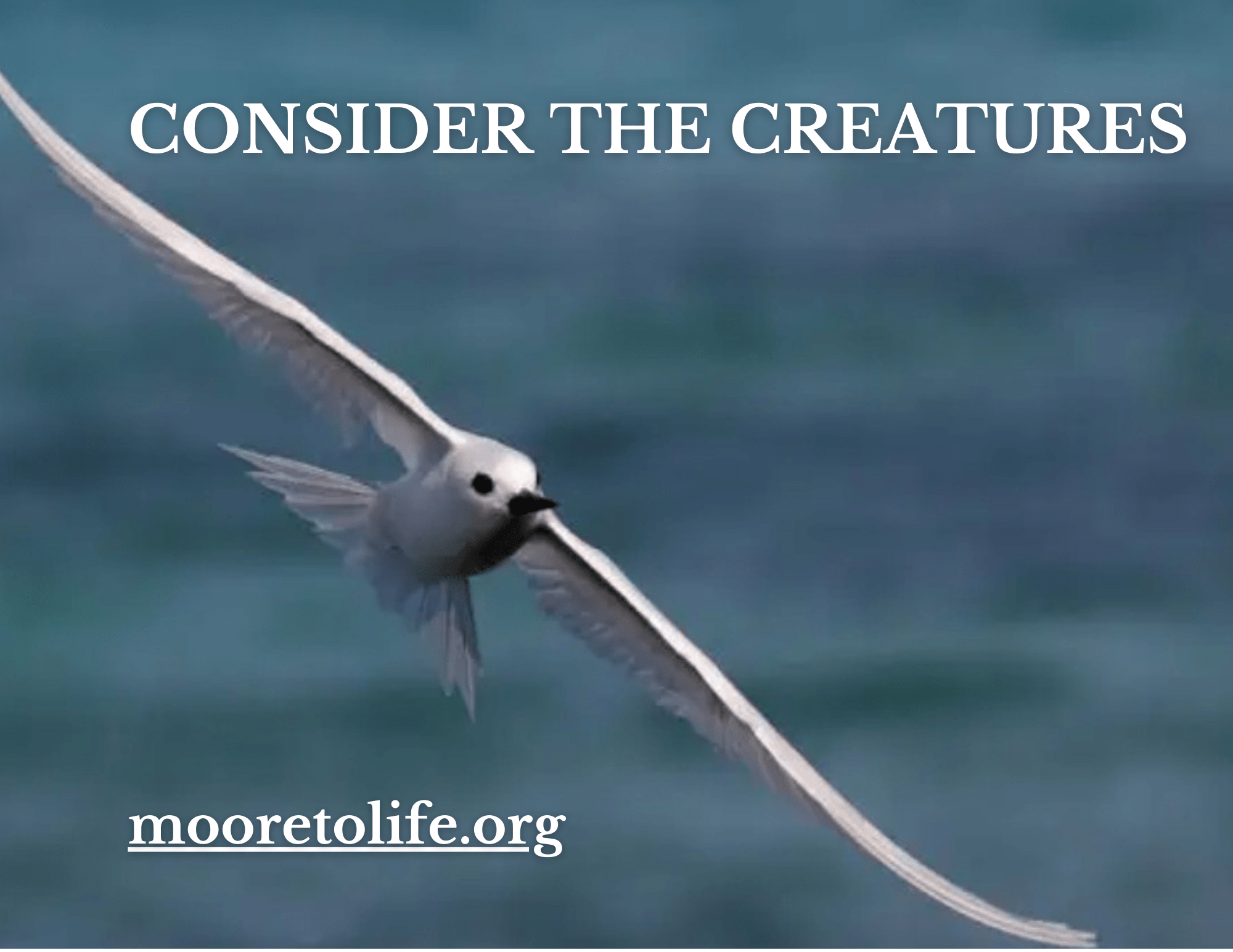
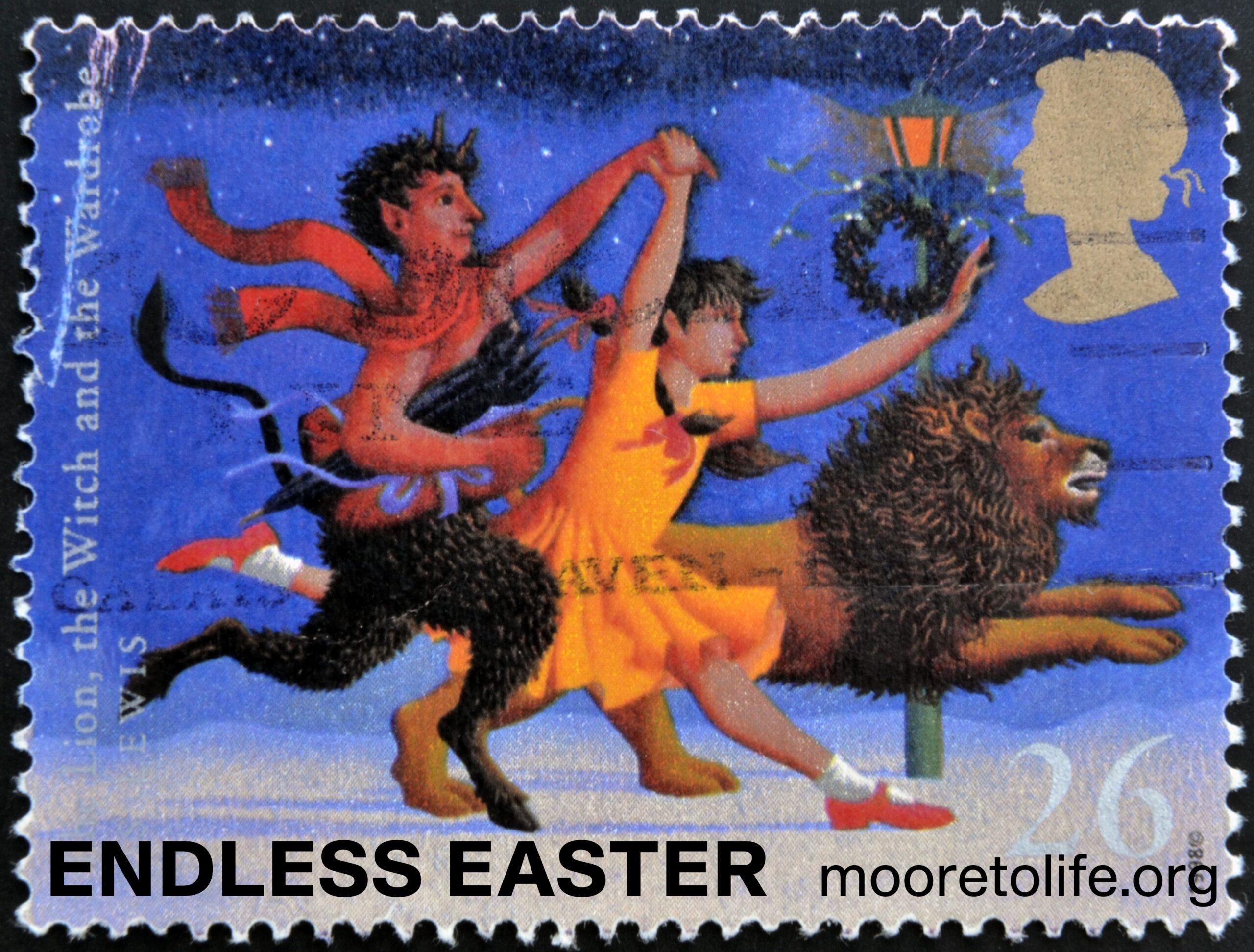
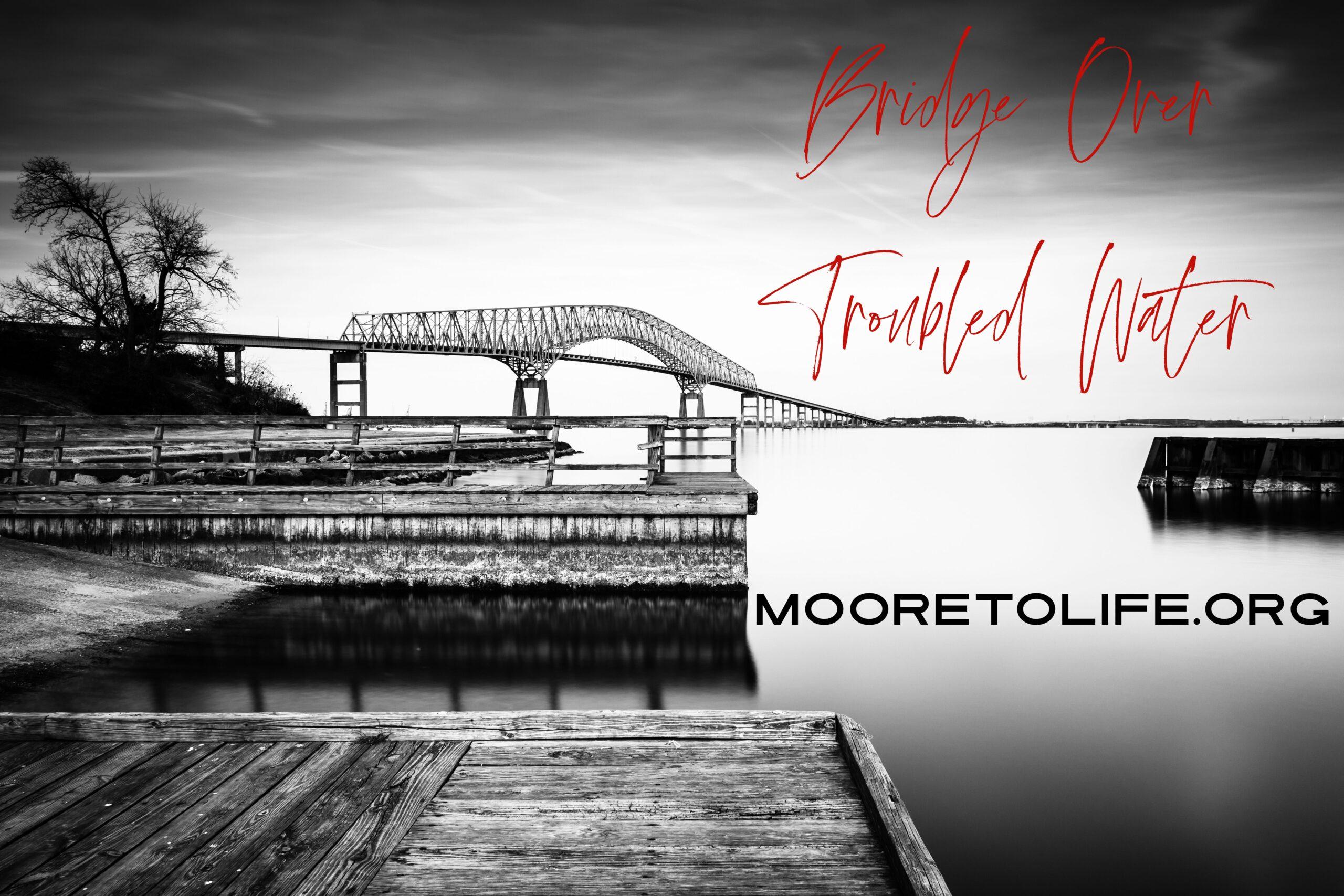
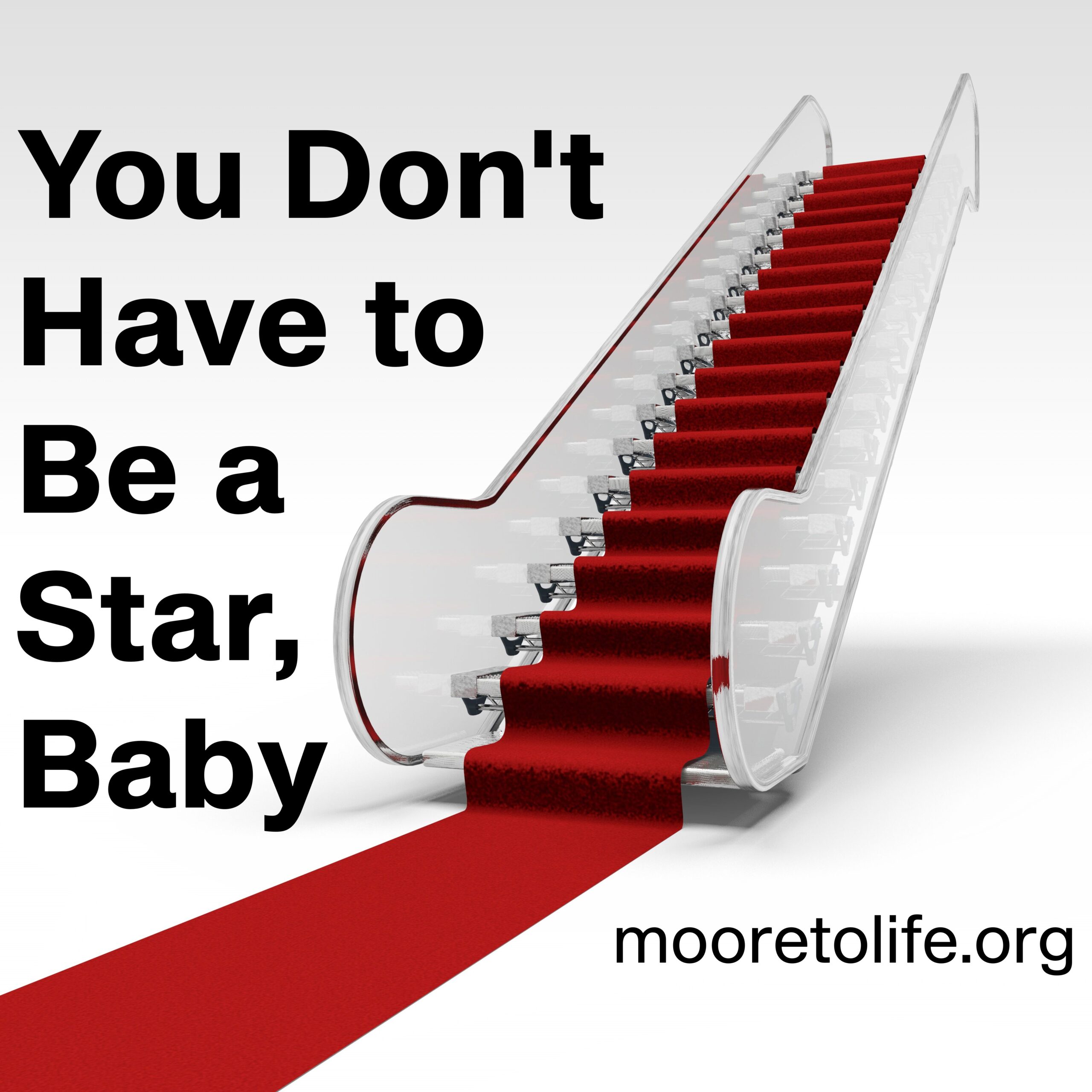
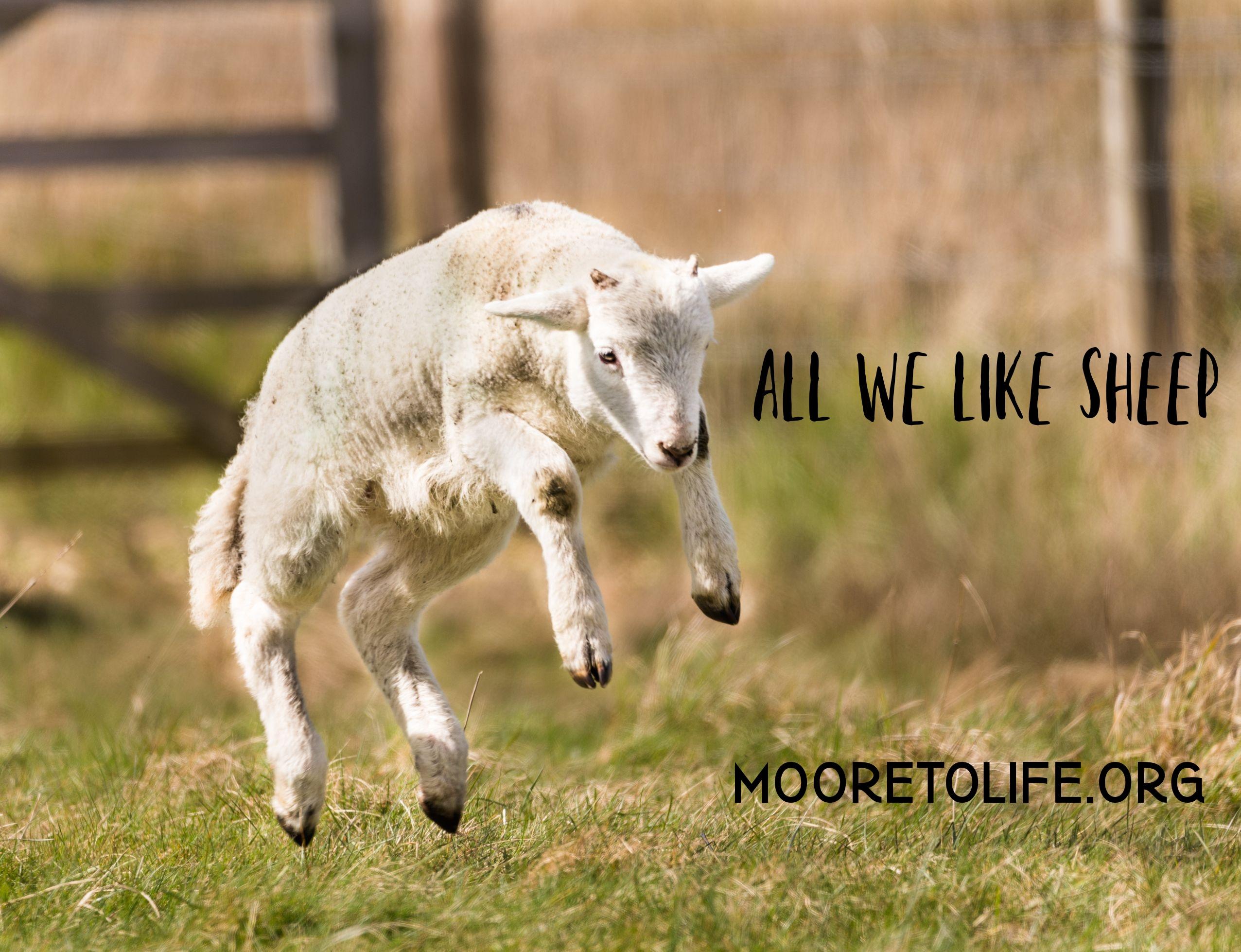
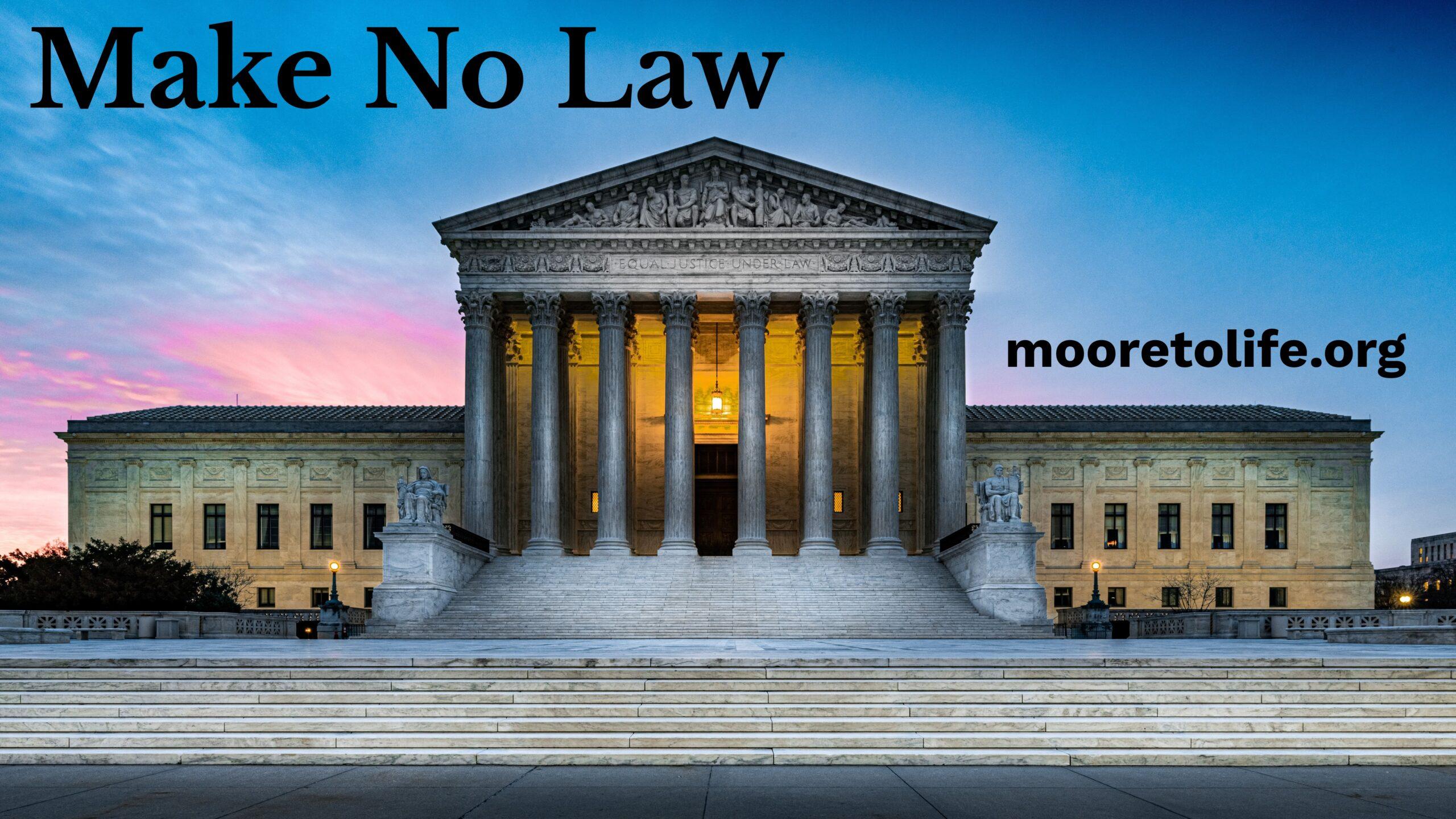

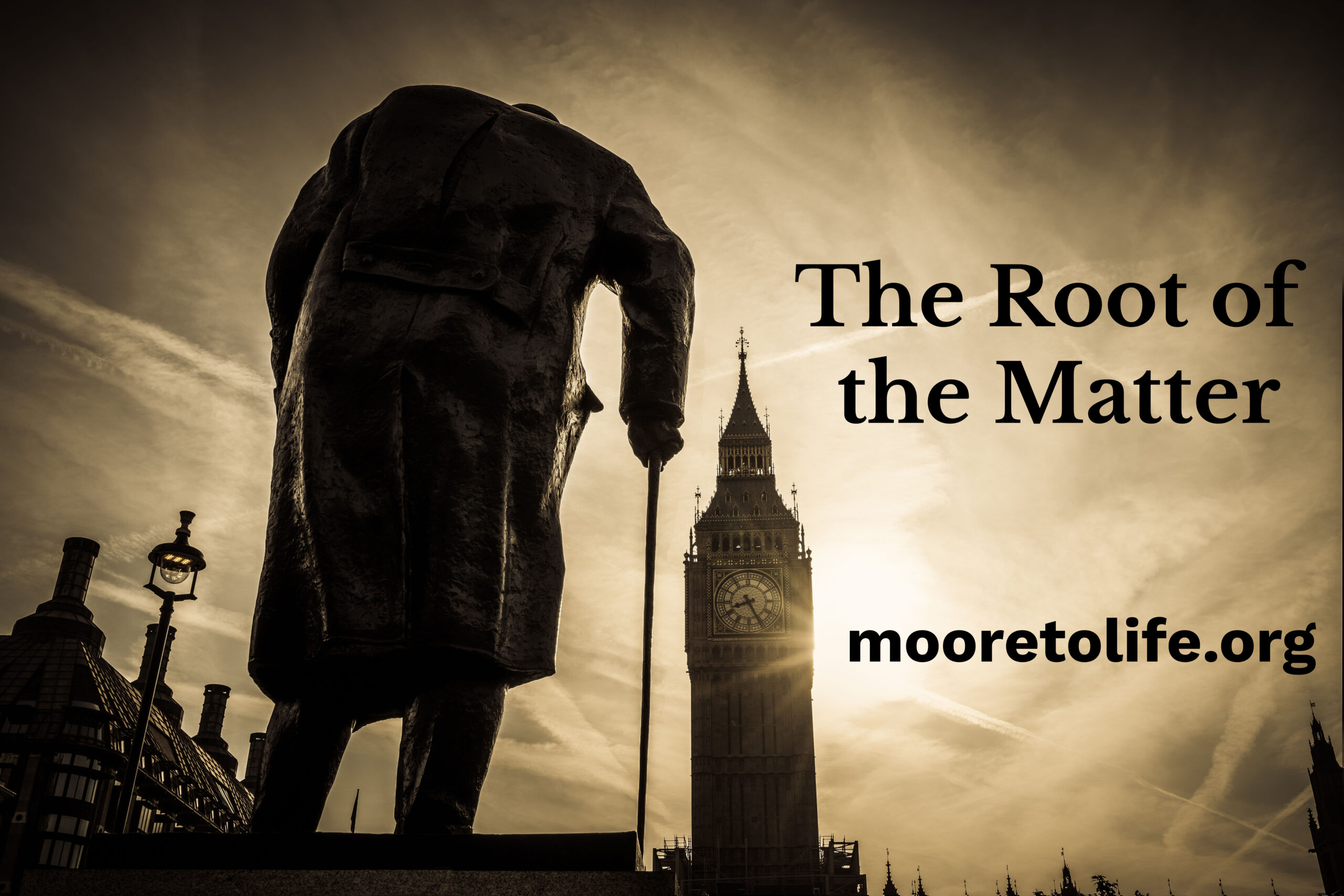
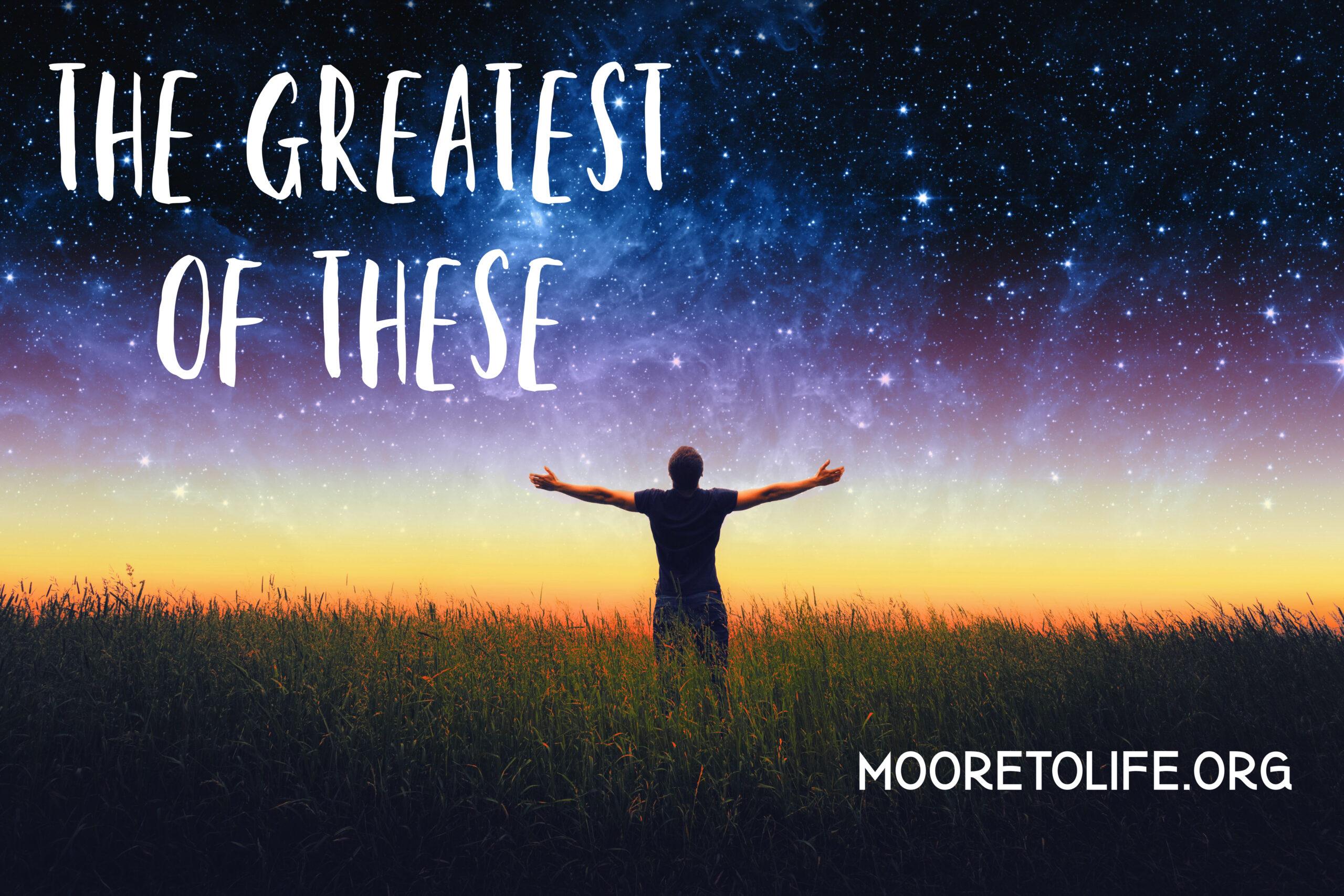
Recent Comments